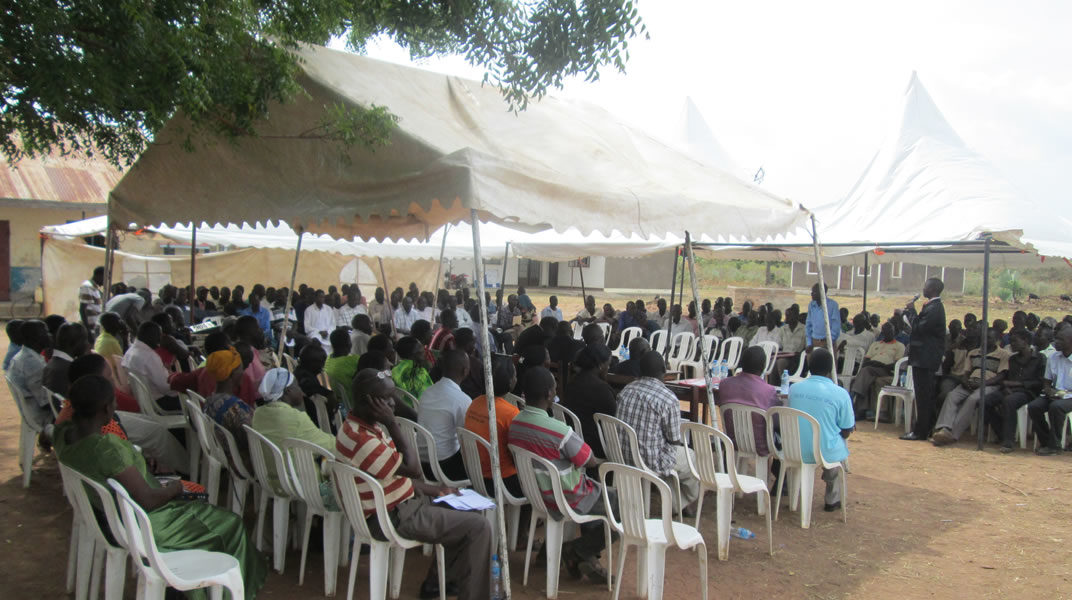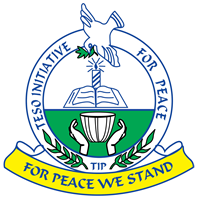
- Project Name: To sensitize clan authorities, religious leaders, and communities on land conflicts, land rights, and land administration including their rights, roles, and responsibilities
- Client: TIP TESO
- Location: SOROTI, UGANDA
- Year Completed: 2021
Activity 2.1: Carry out and present the results of a baseline survey on land conflicts and land administration in the targeted Sub Counties: A consultant was identified to conduct the baseline survey from the Institute for Peace and Strategic Studies of Gulu University, JPC received the report from the consultant, and approved that it was adequate enough to set a good baseline for the project. The report of the baseline was officially launched to publicise and disseminate the baseline findings. The launch was attended by representative of district and Subcounty local Governments, representatives of CSO fraternity and cultural leaders. The launch was accompanied by a radio talk show to clarify the report findings and get feedback for the public.
Activity 2.2: Organize sensitization meeting annually in each of the targeted parishes: This was intended to address clan authorities, religious leaders, LCI-III chairpersons, and the members of the early warning and response system. TIP organized and held sensitization meetings in the targeted parishes on land rights and land administration. The sensitization brought in all the clan and religious leaders, LCIs and LCIIs together with their spouses. The focus of the sensitization was on Family land rights tree, land boundary demarcations and sketch map drawing. The focus was also on the rights of children born out of marriage, how marriage generates and affects land rights, land rights of a widow, a divorced woman, unmarried girl, Will writing and how it generates or affects land rights; and land gifts. Issues of succession and the role of the customary heir were also addressed.
Activity 2.3: Organize 6 radio talk shows annually on issues related to land conflict and administration. TIP held 21 Rdio Talk shows involving 2-3 guest speakers in each talk shows, who were representatives of specialists, clan and religious leaders, women, youth, and other actors directly or indirectly involved in land issues and other project stakeholders. During the talk shows, the participants shared experiences of how the project benefited them as individuals, benefited the community, lessons learnt, challenges and how they overcame. The talk shows also made it easy for the communities to seek for clarity from TIP, thereby increasing the number of walk-in clients to TIP, seeking support and intervention in their land matters. This had continued up to present days.
